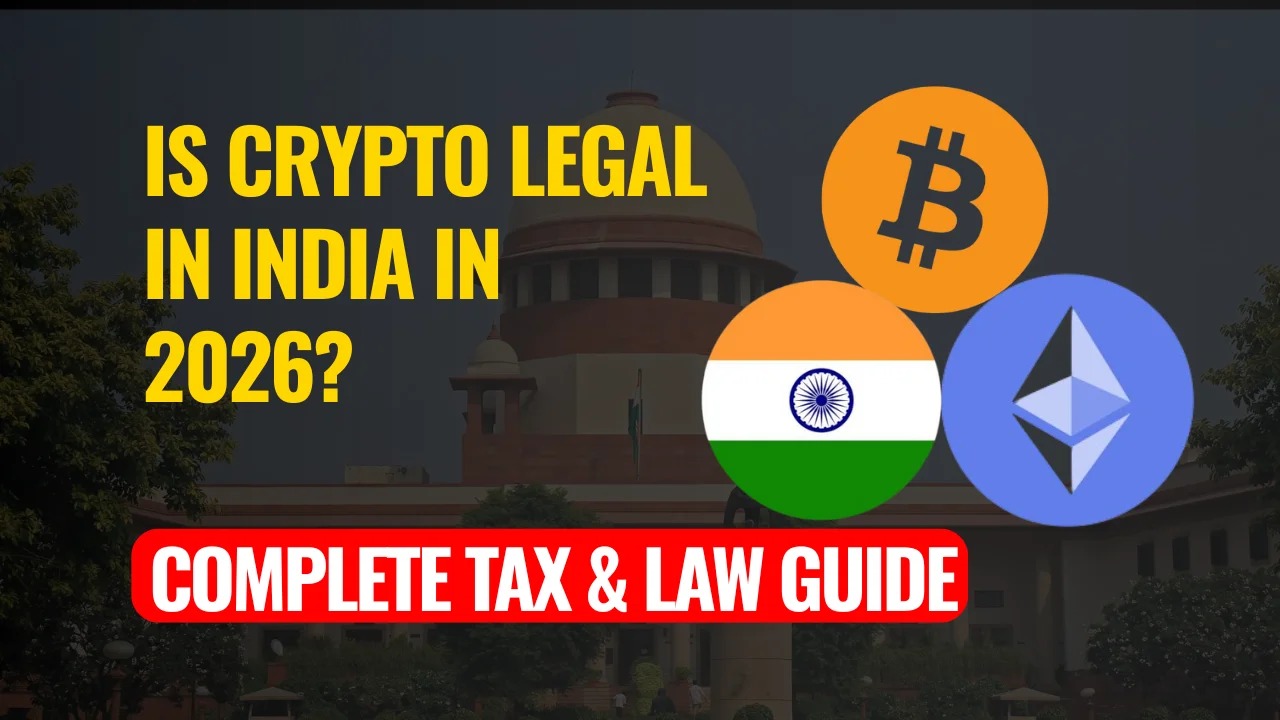Krishna Murari, J.@mdashHeard Sri Ashish Kumar Srivastava, learned counsel for the petitioners and Sri Manish Kumar Srivastava appearing for the contesting respondents. This writ petition has been filed by the landlord under Article 226 of the Constitution of India seeking a writ of certiorari to quash the order dated 22.10.2011 passed by Prescribed Authority in P.A. Case No. 36 of 1987 allowing the impleadment of respondent No. 1.
2. Dispute relates to House No. K-63/32, Bhoot Bhairo, Nakhas, District Varanasi. Petitioners claiming to be landlord initiated proceedings u/s 21(1)(a) of U.P. Act No. 13 of 1972 on the ground of bona fide need. During the pendency of the release application, respondent Nos. 14 and 15, herein, are alleged to have sold out their share to the extent of 2/6 in favour of respondent No. 1, Smt. Tanveer Jahan wife of Mohd. Yasin, who was arrayed as opposite party No. 3 in the release application, which was allowed by the Prescribed Authority vide order impugned in this petition.
3. It is contended by the learned counsel for the petitioner that purchaser-respondent No. 1 (herein) is neither a necessary nor proper party to the proceedings and thus could not be joined as an opposite party in the release application. It was also submitted that Prescribed Authority under the Act has no jurisdiction to decide title to the property and only question is to be considered as to whether the landlord is entitled to release of the accommodation in his favour on the ground mentioned in the application. Learned counsel for the petitioners further submitted that it was not even the case of opposite party No. 1 that she was entitled to receive rent.
4. In reply, learned counsel appearing for the contesting respondents tried to justify the impugned order.
5. It is not in dispute that the petitioners were landlord and owners of the property. Case set up by respondent No. 1 seeking impleadment in the proceedings of release was that she purchased 2/6 share of the house in dispute from one of the co-owners/landlord as such was a necessary party to be impleaded in the proceedings. There is nothing on record to indicate the fact that the tenants against whom release application was filed ever disputed the fact that petitioners were landlord and the rent was being paid to them. Clause (j) of Section 3 of the U.P. Act No. 13 of 1972 defines "landlord" as a person to whom rent is payable. The only question to be considered was relationship of landlord and tenant and the bona fide need and comparative hardship. The issue of ownership/title of the property in dispute was never to be considered nor could be decided by the prescribed authority under the provisions of the Act.
6. The principles governing impleadment of a party are embodied in Order 1 Rule 10 CPC. It is indicated therein that a party may be either necessary party or proper party. A person, who ought to have been joined as party, is necessary party. This is so, because no effective decision can be given without his presence. A person is a proper party if his presence before the Court is necessary in order to enable the Court effectively and completely to adjudicate upon and settle all the questions involved in the suit.
7. In the case of Smt. Prabha Saxena v. II Additional District Judge, Kanpur Nagar and others, 1989 (2) ARC 197, while considering the question of impleadment of third party claiming himself to be co-owner/landlord in a suit between landlord and tenant, it has been held in paragraphs 3 and 4 as under:
3. The close question that arises for determination is whether in a suit between landlord and tenant, a third person claiming to be a co-owner of the property can intervene and seek to be added as a party. In my opinion by allowing such a course to be adopted, a simple suit between landlord and tenant could be converted into a suit for title between the landlord and a third person. In fact in a suit between the landlord and tenant only their rights are to be determined on the basis of contract of tenancy. In the instant case, admittedly, the tenant had been inducted by Ram Swarup Saxena and on his death some times in 1979, he attorned in favour of opposite party No. 2 and never challenged the relationship even during the pendency of the suit. Thus, the suit was filed on the basis of privity of contract as between landlord and tenant which was not denied by the tenant in the suit. A simple suit of this nature, therefore, cannot be allowed to become an arena of litigation between plaintiff and petitioner which can best be left to be decided by means of a regular suit.... In any case, any decision in the suit is not likely to cause any prejudice to the interest of the petitioner for, if the suit is decreed, the landlady will get possession over the same which will be subject to the result of the suit filed by the petitioner.
4. The petitioner relies on the provision of the Order I Rule 10 CPC in support of his submission. Order I Rule 10 CPC cannot be taken advantage of for this purpose for the simple reason that the petitioner is neither a necessary nor a proper party to the main lis. She can certainly claim this right and get it determined in civil proceedings.
8. Again in the case of
4. Rule 10(2) of Order I of the Code permits the Court to order the name of any of the following two categories persons to be added as party to a suit (a) person "who ought to have been joined" or (b) person "whose presence before the Court may be necessary in order to enable the Court effectually and completely to adjudicate and settle all the questions involved in the suit". And the name of none else can be ordered to be added to the suit, either as plaintiff or as defendant.
5. Person who ought to be joined as party to a suit is the person whose presence is indispensable for granting an effective decree. Such person is a necessary party. Person whose presence may enable the Court to effectually and completely decide and dispose of all the questions involved in the suit is the person "whose presence before the Court may be necessary" and such a person is a property party.
6. Person having direct interest in the subject-matter of the suit alone can be necessary party or a property party....
7. In a suit where the relief sought is a decree for ejectment of a tenant and the foundation for the relief is landlord and tenant relationship between the plaintiff and defendant a person claiming himself to be co-sharer in the property in question is neither necessary nor a proper party in as much as in such a suit the title of ownership of the property is not the subject-matter of the suit in which the co-sharer may have an interest. Likewise, for passing an effective decree of ejectment against the tenant at the benest of a co-sharer plaintiff if the relationship of landlord and tenant between him and the defendant is pleaded and proceed, the presence of the other co-sharer is not a condition precedent.
9. Keeping in view the principles enunciated by the aforesaid decision as well as several other decisions, it is evident that respondent No. 1 was neither necessary party nor proper party in the pending proceedings initiated on the basis of relationship of landlord and tenant and thus, the respondent No. 1 cannot be held to be a necessary or proper party in the proceedings and in this view of the matter, impugned judgment allowing her impleadment passed by the prescribed authority is not liable to be sustained.
10. The aforesaid view taken by me finds support from the judgment of Hon''ble Apex Court in the case of 9. In our view, in the facts and circumstances as mentioned in the release application and also the stand taken by the tenant in written statement and keeping in view the definition of "landlord" in Section 3(j), respondent No. 2 can neither be said to be necessary nor proper party to the proceedings. The question of title cannot be decided by the Prescribed Authority under the Act. The orders passed by the Prescribed Authority as well as the High Court, therefore, deserve to be quashed and set aside.

